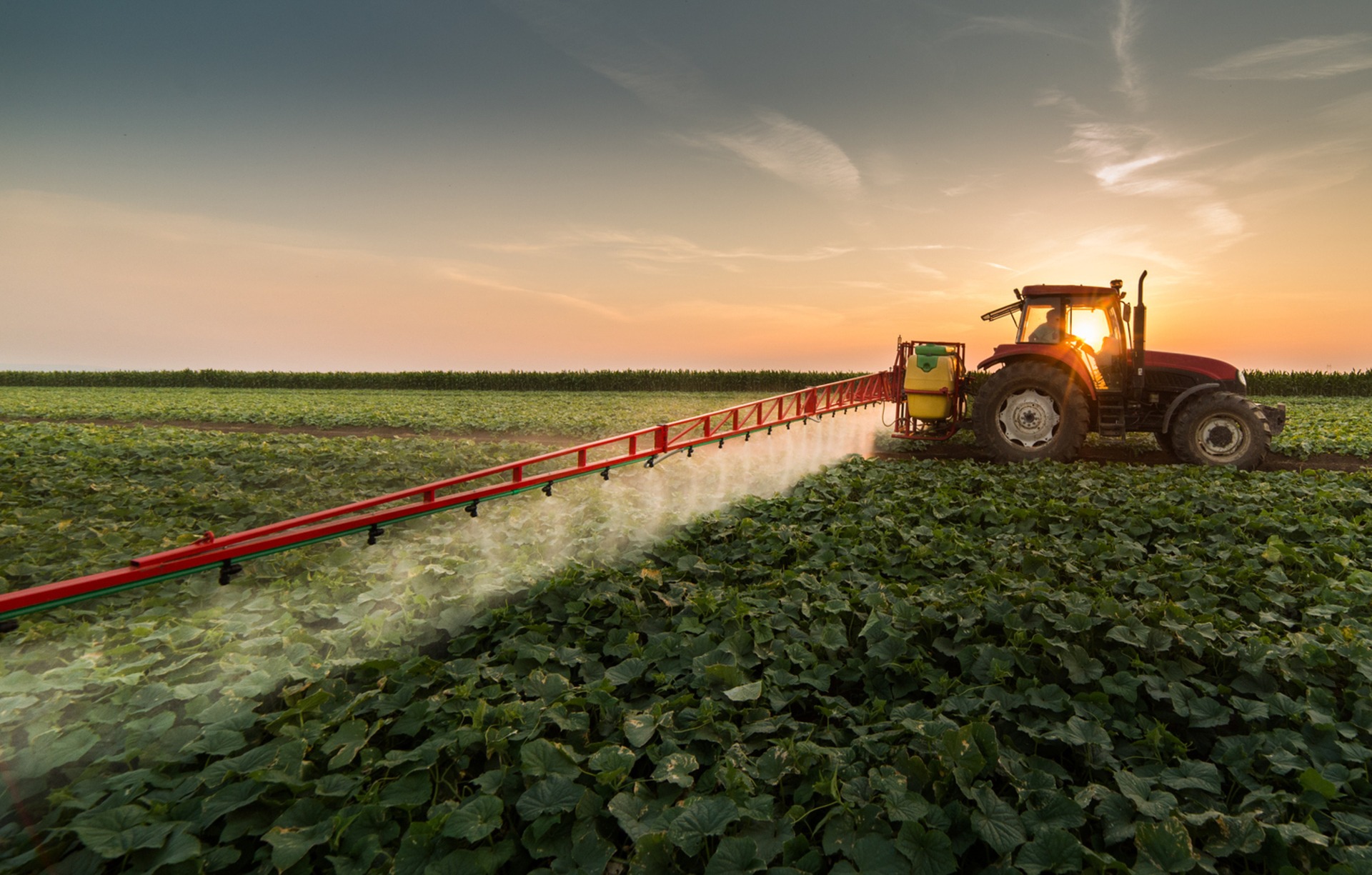



Article by: Hari Yellina
Due to the high demand for cropping land, agents predict a large grain farm in the Mallee to earn $10 million. The 1484 hectare (3667 acre) Normanville property owned by Merriwa Pastoral Company is being sold. Duncan McCulloch and James Beer of Colliers have been selected to sell the Baulch Road portfolio by expression of interest, either in one line or separately. The cropping enterprise consists of three properties with a total arable area of 1436 hectares. The first is known as Home, and it covers approximately 373 hectares (921ac). The second is a 420-hectare estate (1038ac). The third is Ryans, which covers approximately 691 hectares (1707ac).
“In the current climate, drier cropping lands in Victoria, particularly in the Mallee region, are highly sought after,” Mr McCulloch said. Quality fencing, stock water access to each paddock and a laneway system are all part of the supporting infrastructure. The Merriwa Pastoral Company’s portfolio is conveniently placed near numerous significant agricultural towns and cities, including Kerang (15km), Boort (27km), Charlton (54km), and Bendigo (15km) (110km).
Large-scale farming can be characterised as farming where there is enough land, capital, and men hired to allow the manager to devote his whole time to supervision and management, with all manual labour performed by employees working under his supervision. India’s tea, coffee, and rubber plantations are the best examples of large-scale agriculture. In agriculture, the benefits of large-scale farming are analogous to the benefits of large manufacturing units in other industries. Large-scale farming, like large-scale manufacturing industries, has commercial and financial advantages as well as technological and administrative advantages.
The large farm’s commercial and financial advantages stem from the bigger farmer’s stronger bargaining power in purchasing inputs, selling crops, and obtaining loans. The merchant who supplies the large farmer with his feed, fertilisers, and other necessities appreciates his business not only because he buys more than the tiny farmer, but also because it is more efficient, convenient, and less expensive to supply one large order rather than multiple small ones. Savings in transportation, handling, and packing, as well as in bookkeeping, may justify the merchant giving the large farmer special pricing, discounts, and refunds, as well as timely service.